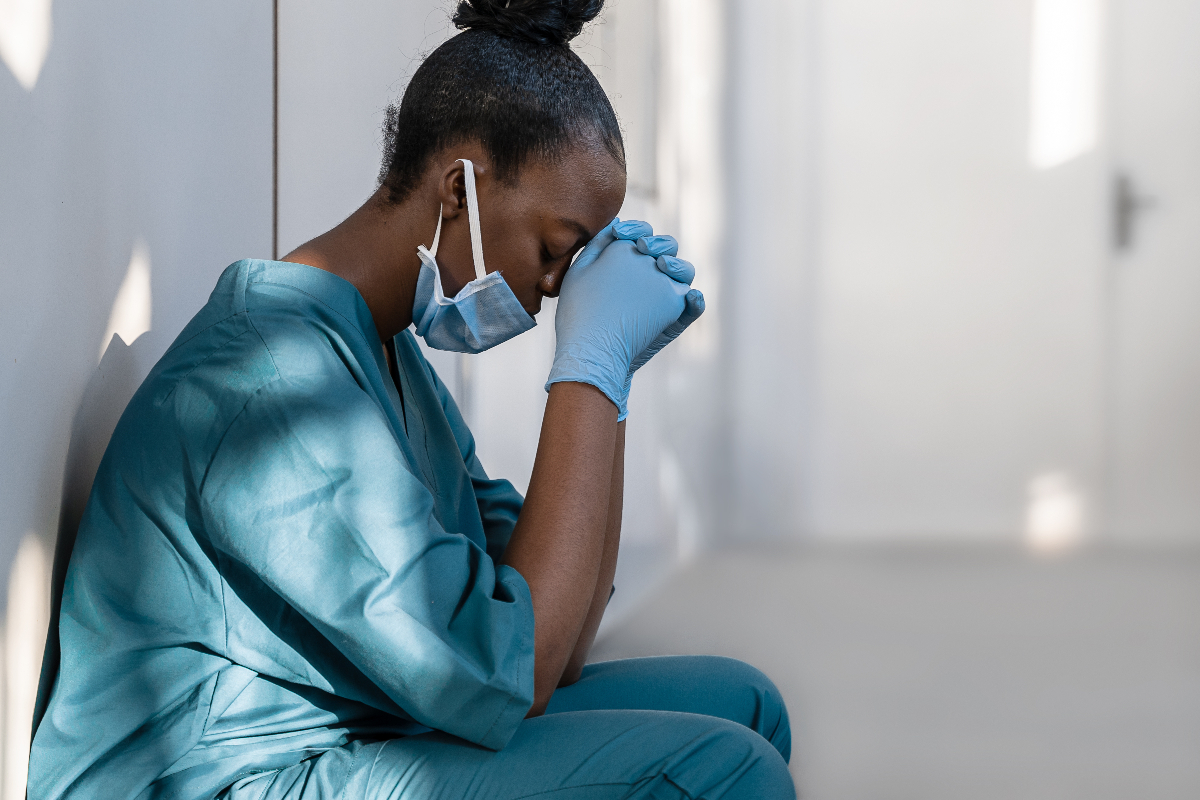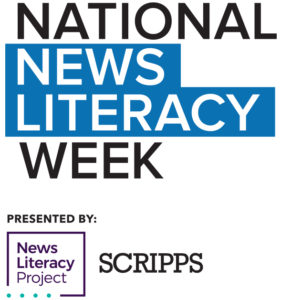Have you heard that masks don’t work to prevent the spread of COVID-19? Or that hydroxychloroquine can be an effective treatment for COVID-19? Or that it’s not possible to catch COVID-19 twice?
Many of these COVID-19 myths spread rapidly on social media, and now with vaccines from Pfizer and Moderna being rolled out to the public, additional misinformation is beginning to take root online.
If you want to test your knowledge about the coronavirus, take this quiz created by the News Literacy Project (NLP), a nonpartisan nonprofit that seeks to teach the public to be smart, engaged news consumers. The quiz asks you to decide whether videos represent opinion or news and whether social media posts back up their claims with evidence.
For example, take a look at this TikTok video, which claims to show footage of a flight to Wuhan, China, carrying medical supplies to be donated to hospitals. Would you say this video contains valid evidence for the claims it makes?
@freshlilyliMedical supplies Donations for hospitals in Wuhan #wuhan #coronavirus #fyp #china⬠See You Again (feat. Charlie Puth) – Wiz Khalifa
The answer is no. As the NLP explains, this video could be showing a plane en route to China with donated medical supplies, but there’s no concrete evidence to support that claim. Planes frequently carry cargo and those boxes could be filled with almost anything.
Falsehoods Spread More Easily On Social Media
While urban legends and conspiracy theories have always been a part of pop culture, research shows that social media is making “fake news” even more rampant and insidious.
A new study led by Washington University researcher Yan Su found that people who believe COVID-19 conspiracies tend to get their news from Facebook and other social media sites as opposed to traditional news sources.
“Social media has no fact-checkers … so compared to print media or broadcasting media, social media is likely to be a misinformation hub,” Su wrote in his findings. “(This is) because there’s free access, and the dissemination of information is of low cost, and people are easily believing (messaging) consistent with their preexisting beliefs and their preexisting ideologies.”
Unfortunately, the vast amount of misinformation being spread about COVID-19 is not just misleading, it can cost lives. A Canadian study found that people who get their news from social media are less likely to follow protocols like social distancing and wearing masks.
“There is growing evidence that misinformation circulating on social media poses public health risks,” McGill professor and study co-author Taylor Owen said in a press release.

Young People Are Most Susceptible To COVID-19 Falsehoods
In an article published on the South Florida Sun-Sentinel’s website in November, NLP’s Director of Communications, Carol McCarthy points to recent research that found Americans under 25 were most susceptible to believing falsehoods about COVID-19. The study conducted by researchers at four universities surveyed more than 21,000 Americans and found those under 25 were twice as likely to believe false notions about the disease as those ages 65 and older.
Judith Halbreich, LCSW, founder of the youth services nonprofit Home of Champions, says teenagers are “digital natives” and therefore it may be assumed they are “equipped to sniff out fake news.” But she says parents still need to teach kids how to tell if a source is credible.
“One way to teach kids to be ‘news literate’ is to actually demonstrate the vetting process,” Halbreich wrote in an email to Simplemost. “For example, when you see an article or a post, do some digging. Ask yourself: who/where it is coming from? Is it an opinion or a fact? Why might this person be saying this?”
‘Sanitize Before You Share’
Peter Adams, senior vice president of education at NLP, agrees you can reduce the amount of potentially deceptive content you’re exposed to by being “discerning about your sources” on social media. He recommends following the verified accounts of major organizations such as the World Health Organization and the Centers for Disease Control as well as your local officials managing the pandemic. If you see a claim about COVID-19 from an unofficial source, take it with a grain of salt.
“Remember: Just because someone is a doctor, or says they are a doctor — or wears scrubs in a viral video — does not mean they are sharing accurate information about COVID,” Adams says. “If you encounter a specific claim you’re unsure about, do a quick search online for more information from a credible, standards-based source.”
Just like we wash our hands and wear masks to slow the spread of COVID-19, NLP encourages people to “sanitize” information before sharing it online. Here’s a helpful infographic from the nonprofit, which recommends taking four quick steps before sharing something on social media:

Tell us: Are you in the practice of fact-checking what you see on social media?
This article is part of the second annual National News Literacy Week, Jan. 25-29, a national public awareness campaign to promote news literacy and the role of a free press in American democracy. The week is part of an ongoing partnership between Simplemost’s parent company, The E.W. Scripps Company, and the News Literacy Project. Visit NewsLiteracyWeek.org to test your own news literacy and take the pledge to be news-literate.
This story originally appeared on Simplemost. Checkout Simplemost for additional stories.



